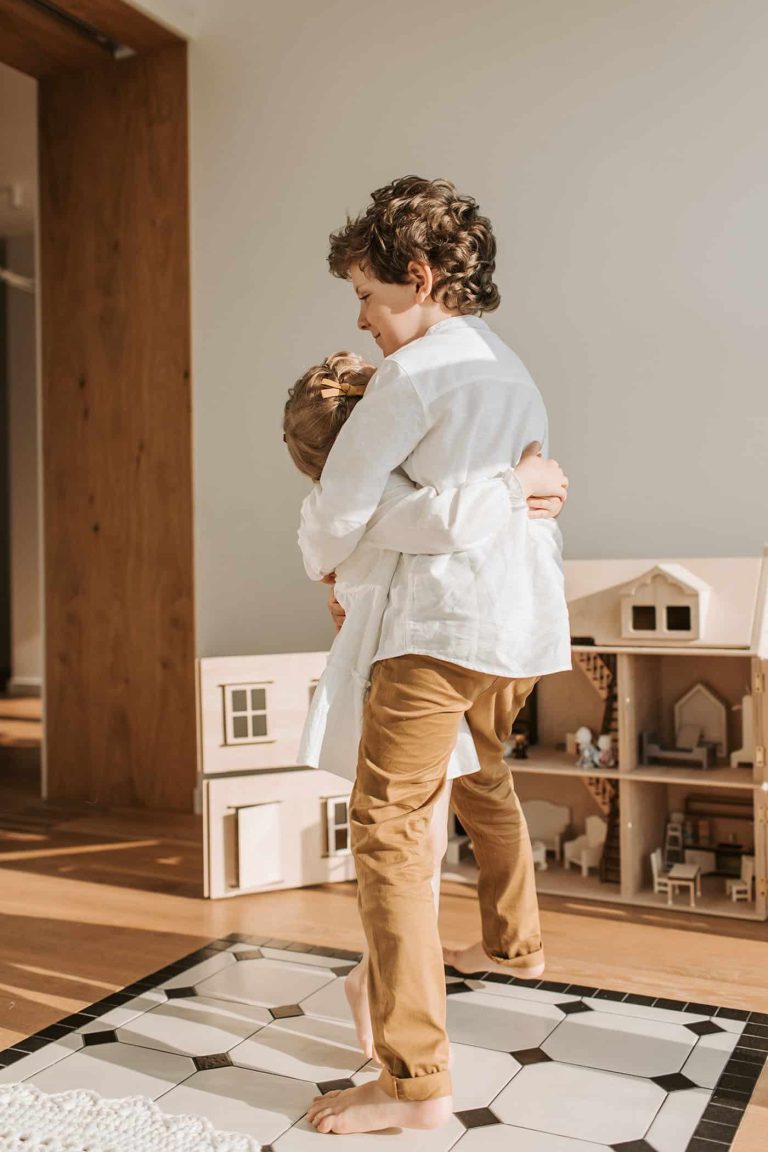The Middle Years: The Consequences

What consequences are appropriate for the middle years?
When it comes to consequences for kids, I know that some of the typical ones felt like punishment for me as a parent! The emotional roller coaster of the middle years was also accompanied by the hard task of establishing appropriate consequences. Restricting all television meant you had to give up the half hour of dinner prep calm. Taking my kids driver’s license away for a while meant I had to rearrange my schedule to drive her places.
I tried to find creative solutions that either directly tied in with the problem or took away something the child valued. There might need to be different consequences for each child. If you are looking for a list of consequences, this blog post won’t give you one. Each child is a unique individual and it takes time and conversation to figure out what works for your child. This is the hard and necessary work of parenting. Digging to the heart of the issue will also help you get creative about the consequences because you will begin to understand what behaviors need to change. If you look back at the blog post about the put off/put on chart from the Don’t Make me Count to Three book, you can make a similar one for the kids as they grow older. The heart issues don’t change but the situations and consequences do. I typed one up for my fridge that listed heart issues and possible consequences/punishments to go along with it. Sometimes it was just a good visual reminder of what we were working on! None of us are finished products!
On a good day, have a chat with your tweens or teens about what would be appropriate punishments that would fit those situations (lying, saying hateful things to siblings, not obeying right away, back talking, not completing homework/chores/practice, etc.). You may be surprised as to what they suggest. Mine usually had harder punishments that I would have given so it worked out for me to offer easier ones! Or they suggested things that I would not have thought to use as negative consequences. (Taking book reading away from a reader is a good punishment but a reward for a reluctant reader!). Engage them in creative problem solving if it’s a repeated problem. If they don’t ever throw their laundry in the hamper and it really bugs you, see if you two can brainstorm a different solution instead of a consequence that is not working.
Choose one main problem area to work on at a time. Also consider using positive reinforcement to reward obedience for a short term goal. I’m not a fan of paying kids for their good grades but an occasional trip to the ice cream shop to celebrate a good report card is fun! Sometimes those sweet times in the middle years can be far and few between. Create some together! Listen BIG! Your child has stuff to say. Regularly set aside time to listen.
I remember brainstorming with a group of 16 year olds about what a good consequence might be for my daughter failing to text me when she safely arrived at a location. It was not a trust issue of her not going where she said, but a new driver issue of worrying if she got to her location safely. Suggestions of me driving her or taking her phone away were obviously bad ones that punished me too! Having her set an alarm on her phone for 5 minutes after she arrived at a location was a good suggestion to prevent further problems. Restricting her from meeting up with those friends for a time period was a good idea because she highly valued that. We set it up that if she did not report in, I could call her and request that she come home or show up and bring her home. The healthy fear of that consequence solved the problem. Nobody wants to have to leave a fun event! And her friends all knew that this was a possibility so they started reminding each other to text home when they arrived. Giving the WHY behind the rule was a big help, and talking about it on a day that it wasn’t a problem was also helpful. Read part 1 of this blog series for more tips. The Middle Years: Calming the Chaos.
Lastly, a natural consequence of the middle years is that you have an amazing little child who is blossoming into an independent individual. Nurture that child along through the chaos and strengthen your relationship as you prepare for the launching years! I do recommend Get Outta My Face by Rick Horne or Get Offa My Case. While they may be geared towards what to do if things get that bad, I like to think you can use them to prevent things/communication getting that bad with your teen in the first place.
Table Talk: What kind of consequences did your parents have for you during the middle years? How could they have been better?
Like this post? Share it with a friend!
Share on facebook
Facebook
Share on email
Email
Share on pinterest
Pinterest
Share on print
Print



One Comment